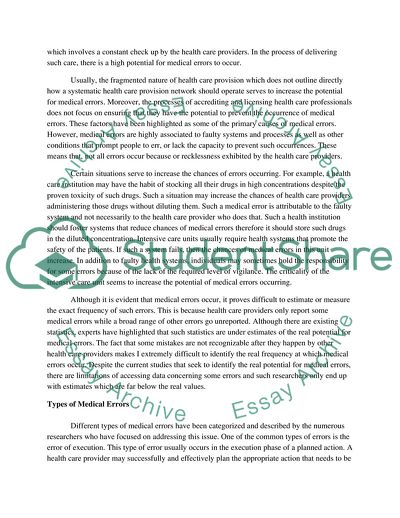Cite this document
(Medical Errors in the ICU Article Example | Topics and Well Written Essays - 3500 words, n.d.)
Medical Errors in the ICU Article Example | Topics and Well Written Essays - 3500 words. https://studentshare.org/health-sciences-medicine/1833450-medical-errors-in-the-icu
Medical Errors in the ICU Article Example | Topics and Well Written Essays - 3500 words. https://studentshare.org/health-sciences-medicine/1833450-medical-errors-in-the-icu
(Medical Errors in the ICU Article Example | Topics and Well Written Essays - 3500 Words)
Medical Errors in the ICU Article Example | Topics and Well Written Essays - 3500 Words. https://studentshare.org/health-sciences-medicine/1833450-medical-errors-in-the-icu.
Medical Errors in the ICU Article Example | Topics and Well Written Essays - 3500 Words. https://studentshare.org/health-sciences-medicine/1833450-medical-errors-in-the-icu.
“Medical Errors in the ICU Article Example | Topics and Well Written Essays - 3500 Words”. https://studentshare.org/health-sciences-medicine/1833450-medical-errors-in-the-icu.


